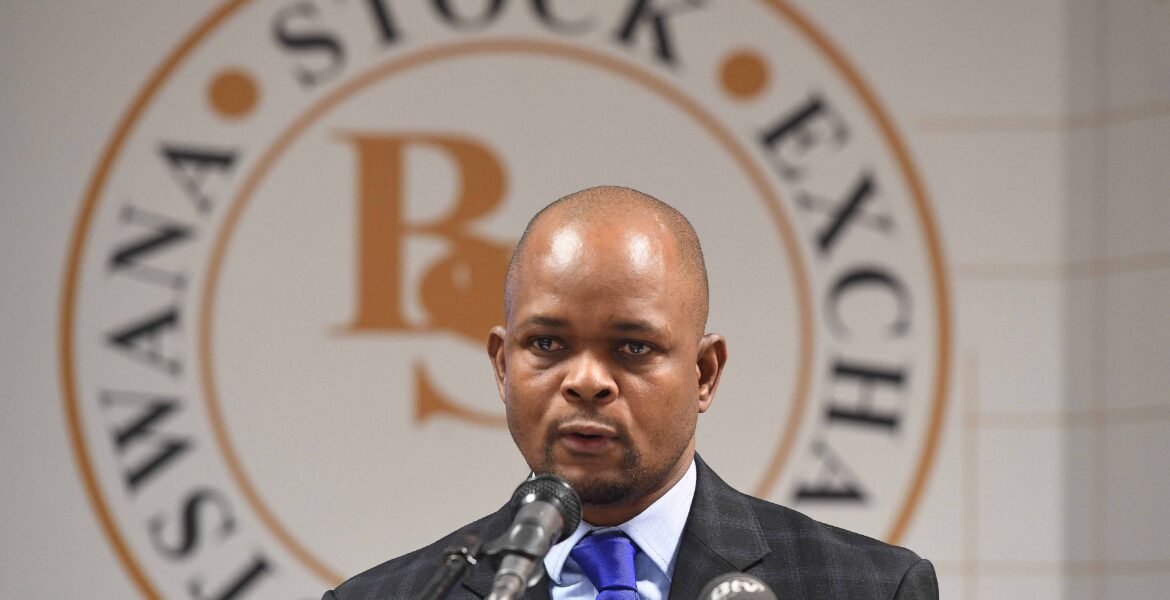- CEO says govt shareholding inhibits investors
- Last strategy achieved 91% performance score of inspite of COVID
- Plans to increase listed instruments to 110
- Intends to increase investors to 150 000
KATLEGO RAKOLA
Botswana Stock Exchange (BSE) intends to reduce government shareholding in the bourse under its new five-year strategy of 2022-2026.
This is because the CEO of the BSE, Thapelo Tsheole, believes that government shareholding in the bourse, which currently stands at 76 percent, can act as an inhibitor to foreign investors who are reluctant to participate in markets where government has a lot of control.
Speaking in an interview with The Botswana Gazette, Tsheole said the intention is to change the structure of the BSE in line with a demutualisation which took place in 2018. He explained that is entails reducing government shareholding to gain the BSE more independence so as to become more attractive to foreign investors.
“It is quite fitting that in the next strategy, we develop it in a way that our Exchange becomes like those around the world where the government has little to no shareholding,” he said. “That is how we will be able to attract a lot of foreign investment. A lot of investors in developed countries never want to invest in markets where government has control of the stock exchange.”
He noted that the BSE’s new strategy has key targets to determine progress in the right direction. This involves increasing profitability and turnover, improving the environment of financial markets and increasing the number of listed instruments. “We intend to take the number of listed instruments to about 110 from the current 80, and this includes bonds, ETFs, depository receipts and equity,” Tsheole said.
The BSE also intends to increase the number of investors from 100 000 to 150 000. “Some of the key considerations impacting the new strategic plan include positive developments around containment the COVID-19 pandemic, a vaccine powered economic recovery and general business optimism both domestically and globally,” he noted.
“It is evident that the burden of pandemic-induced fiscal expenditures has increased pressure on the government to save the economy through ERTP (the Economic Recovery and Transformation Programme) and to productively implement the Reset Agenda – with several positives arising from there.”
Reflecting on the past strategy, Tsheole said the BSE did well, having grown investors during the period five times. “Overall, the BSE achieved a performance score of 91.0% following an independent review of the 2017-2021 strategic plan,” he pointed out.
But he also noted that the period was a challenging one because two years of the five-year strategy were of the COVID-19 pandemic.

